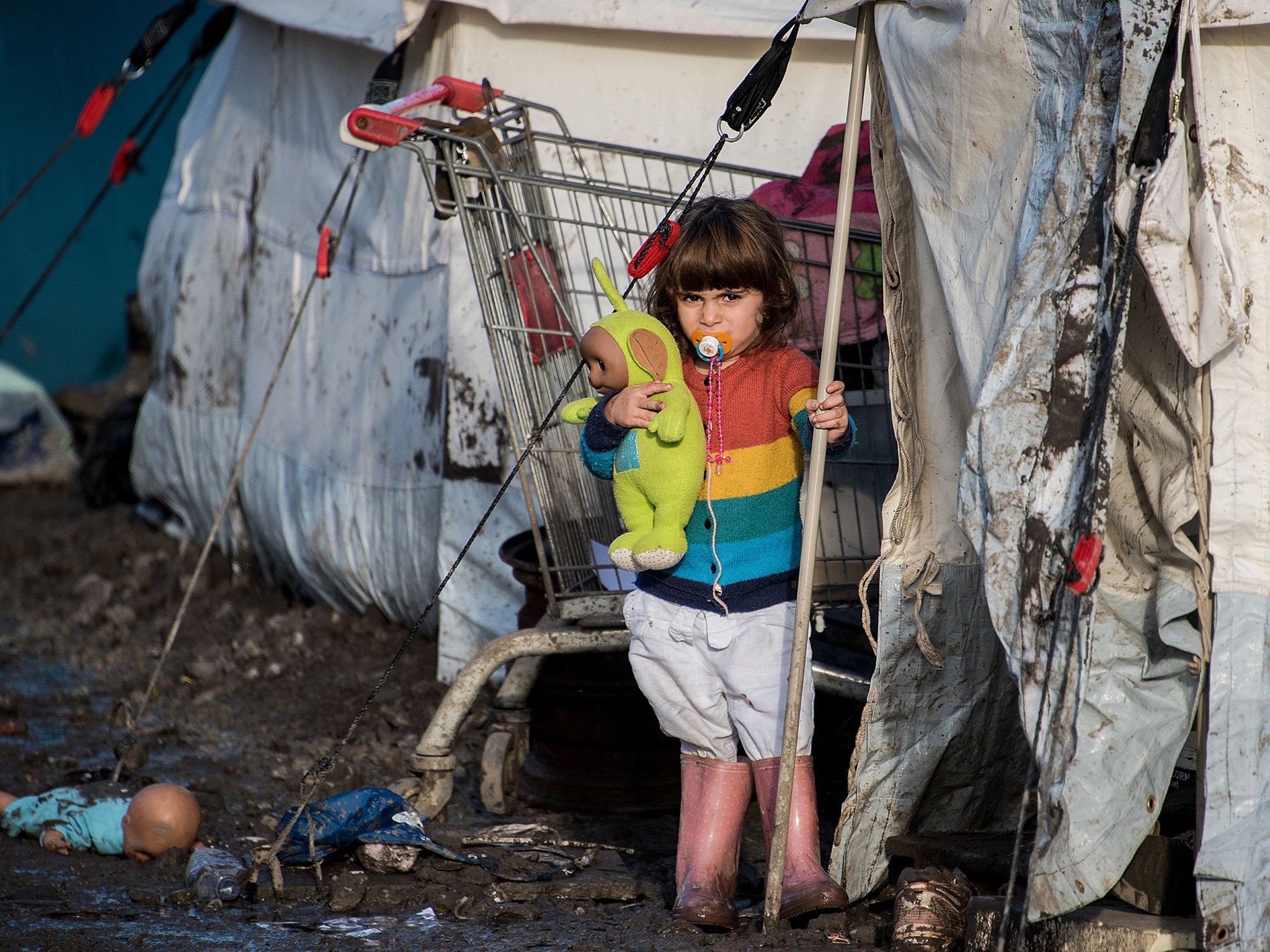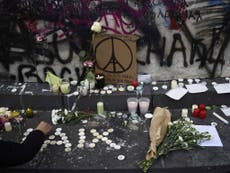Syria's war is complicated - but the refugee crisis is not
How is it that Lebanon and Jordan – smaller, less-wealthy nations – are able to take in more refugees than the whole of Europe put together?


There was a time when I’d find “it's complicated” to be a mildly aggravating response to troubles in the Middle East. That was when the phrase was most popularly applied to the Israeli-Palestinian conflict, and it felt lazy because actually that conflict is relatively straightforward (you know the script: two states, 1967 borders, Jerusalem as a shared capital) and could be resolved if there were political will or sufficient pressure to do so. Now, however, it’s the opposite urge – to oversimplify the complex, horrendous war in Syria – that is becoming so unhelpfully prevalent and annoying.
Such tendencies were on full display during the political debate over British air strikes in Syria, which Parliament approved at the beginning of December. Yes, we understand why the “villains and heroes” narrative so crudely trotted out during these endless “war on terror” years has been appealing when making a case for intervention. Yes, in the face of Isis’s murderous actions, the blood-curdling atrocities and appalling apocalyptic zeal, “bomb them” has an edifying ring to it. And, yes, the hand-wringing cry of every Western liberal interventionist to “do something” to help (as though the choice is to bomb or to do nothing, as though we were not already and unhelpfully meddling in Syria) is reliant on a certain oversimplification.
But trying to find, or suggest that it is even possible to find, easy answers or explanations for the gruesome Syrian war does nothing but serve our own sense of self-importance and a prevailing British impetus to be relevant in the world.
The alternative perspective, however, would mean taking a hard look at what our meddling has done so far, and just how long it would take to unpack and reverse ravaging effects played out over decades. It would require honesty over the impact of the Iraq war: how the consequent, and foretold, decimation of that country furrowed the ground on which Isis now thrives.
More than that, it would mean examining the decades of support for brutal dictatorships in the Middle East, support for regimes that have crushed any nascent democratic movements, contributing to the lack of significant secular, progressive opposition forces today. We’d also have to be honest about the activities of our allies: how far have countries such as Turkey, Saudi Arabia and other Gulf states contributed to the rise of Isis and other violent jihadi groups? It would mean taking seriously the question of what happens if and when Isis is routed from its current strongholds: how to ensure this group, or worse, cannot take hold again. And we’d have to be brutally honest about the need to properly engage with perceived “enemies” – Russia and Iran – over Syria, because that’s critical to any lasting resolution to the war.
But while the war and its causes may be complicated, other big issues facing us are still fairly straightforward – far more so than we make out. The refugee crisis precipitated by this bloody war is one of them.
We’ve let the European Union obfuscate, peddling tedious bureaucracy over who should be allowed across which border and under what terms. How is it that Lebanon and Jordan – smaller, less-wealthy nations – are able to take in more refugees than the whole of Europe put together? Turkey has more than two million refugees from Syria, Jordan is home to 1.5 million and Lebanon to over one million refugees, comprising one-fifth of its total population. The harsh reality is that the EU is not adequately responding to the refugee crisis because many of its member states (the UK included) don’t want it to.
The European response has been less about what could be done to help people fleeing war, and more a self-absorbed dilemma over how an influx of people of a “different culture” might change nations within Europe. Which raises another question: just how insecure over a national sense of identity do you need to be to think that the arrival of Muslim migrants might torpedo it? And how skewed are our priorities, if the overriding response to the devastating sight of thousands of desperate, drowning refugees is to wonder what they might do to our “culture”, or “traditions”, or “values”, or whatever proxy term for intolerance it is that you’re using?
Of course it’s true that Europe is caught in a grim financial crisis, deepened by cruel austerity cuts, leading to an undignified scrabble over resources in the fifth-wealthiest country in the world. But there’s much to learn from some of the popular response to the refugee crisis – which is in stark contrast to official Europe’s blame-shifting and border-closing. Driven by a sense of care and empathy, the practical humanitarian assistance from groups and individuals across the continent should put European politicians to shame.
These are the people thinking about logistics: they are raising funds and taking supplies from Britain to the refugee camps in Calais and beyond. They are welcoming and helping refugees arriving on Greek islands after horrific journeys by sea. They are outpacing assistance from governments and aid groups; one woman, from Cork, at the Jules Ferry camp near the Eurotunnel in France, describes how she became involved: “Our government has been weak in this respect... Suddenly we’re like, ‘Oh God, we can do it ourselves.’” These volunteers on the ground have seen when things really aren’t complicated – and have reacted with clarity and compassion and open hearts.
If there’s one thing to wish for in 2016, it’s that we understand and we are honest about when a problem is complex and when it is not. And that an open, humane and straightforward response to the refugee crisis becomes the default, not a remarkable exception.



Join our commenting forum
Join thought-provoking conversations, follow other Independent readers and see their replies